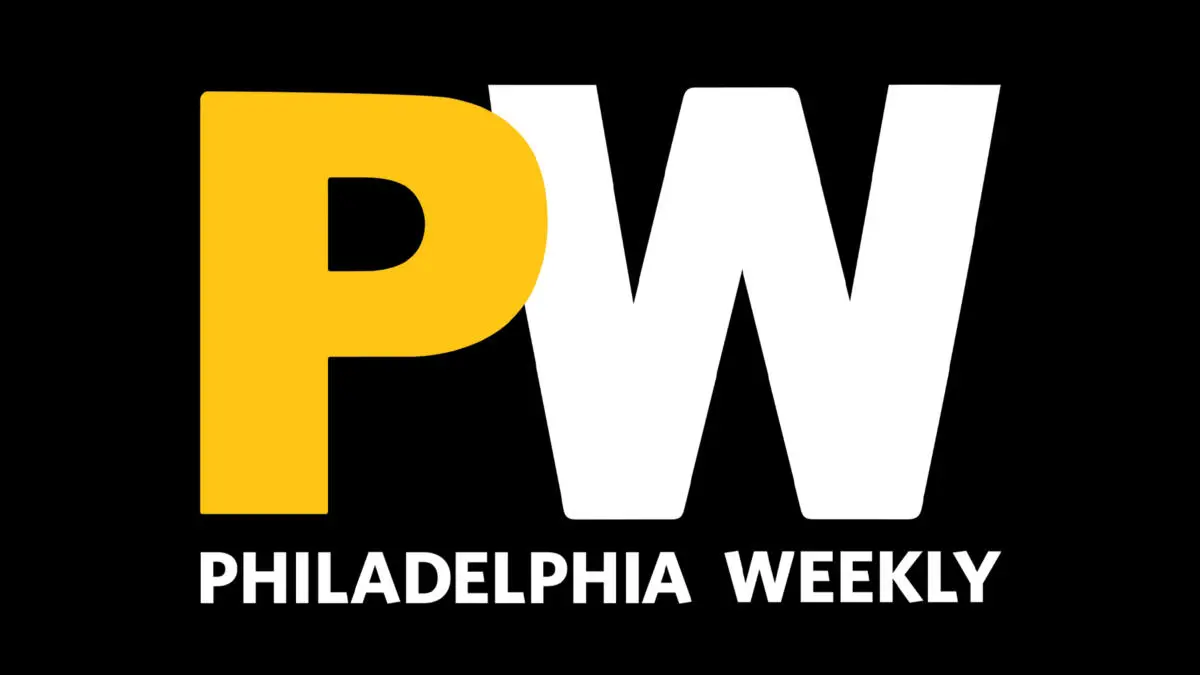When I took the helm here at PW, I made a commitment to our readers that I’d always tell it to you straight. Integrity in this business is key. With that in mind, I’m announcing that Philadelphia Weekly is moving to digital and ending its print product.
No, there won’t be a membership program or subscription fees. No, we aren’t going away, either. But we are going to be aggressively responding to what you as readers respond to based upon analytics and other data. If done right, we’ll still be the journalistic institution you can rely on that happens to also generate sustainable revenue for its operation.
This isn’t a decision made rashly. Back in February, I saw an urgency to start to focus on digital by way of our balance sheet. I alluded to this when I said it’s important moving forward to envision us as a digital publication with a print edition rather than how people did view us, a print publication with a digital edition – kind of.
If you want to see where someone’s heart is, look at where they put their treasure. In PW’s case, we were in love with an outdated, bad-for-us-and-our-future model. Relatable, right? Yet, while breaking up is indeed hard to do, it’s almost always for the best. So, we’re ending our relationship with print.
While we have plans to do special print runs in the case of extraordinary news or events, the fact is we cannot be the kind of alt-weekly we should be – the kind of publication that’s an alternative to mainstream media and one that helps you make decisions about how you cast your vote or spend your time, your thoughts, or your money – and continue to divert resources away from digital, the future, and toward print, the past. In a dollars and cents sense, we were lighting large sums of money ablaze regularly clinging to print, its deadlines, and its overall 20th century vibe for no discernible reason outside of affection for the past and the idea that, well, this is what journalism is.
Maybe it isn’t, though. Maybe, just as we’re having discussions about how sensitivity should factor just as much as accuracy in our ethics, like for instance gun violence reporting, maybe we should rethink the format and work flow, too, along with what is realistic versus what is impractical in 2022. Maybe we as a society should be rethinking, and redesigning, a lot of things right now.
Not caring about where paychecks come from is a luxury I enjoyed as a writer but that as editor-in-chief cannot abide. I’ve concluded that we can’t forfeit the future of what PW could be in exchange for doing things as they’ve always been done. We have to be willing to risk this revolutionary change to our format.
The dollars spent on print are ones we could be investing in social media, recruiting community-based influencers to organically reach people we currently don’t, events, and revamping our digital presence so it’s not just pretty but also functional and meets you, the user, where you’re at. Paying for a print product also means money out of the pockets of artists and creatives in exchange for subsidizing what’s increasingly become a near monopolized corporate enterprise, the newspaper and circular printing industry. It’s hardly as egalitarian as some would have you think.
To me, I want PW to be the kind of publication that treats workers with dignity and respect. We pay equitably for content. We don’t ask writers or anyone else to work for free or some absurd wage nobody in management would accept, either. We center ethics and treat everyone fairly, even if we’re critical. Is this approach expensive? A bit more than the culture in some newsrooms. But I argue the cost of being like everyone else, of acting like the kind of corporate jackasses who come in and shutter hospitals before a pandemic or decimate newsrooms to maximize their own profits without regard to local democracy or people’s lives, is even costlier in the long run.
As part of my decision making, I contacted several publishers and editors nationwide. The general consensus is that print is going away for all of us permanently within a decade or so.
To me, to guarantee viability and sustainability now by making this switch immediately and before being forced into an alternative, undesirable situation later isn’t just common sense. Then again, I can’t call it ahead of the curve, even though I want to, because this simply puts us into 21st century relevance. We can certainly call it the right decision, though, no matter how hard or controversial.
Notwithstanding, the choice was difficult given history and how this change affects some folks. I personally reached out to everyone disrupted by this change. If I could, I’d reach out to every reader and have a conversation about it, too. Since I can’t, this is what I’m doing here. Please excuse the impersonal nature of this notice.
Things are changing, that’s true. But I insist that we’re going to be better for it. It’ll take some getting used to. But I figure if you’ve read this far, you’re going to read PW’s articles when they go up, too. Keep doing that. And sharing them.
I promise for my part I’ll keep telling it to you straight and all of us here will keep pushing ahead onward and shining light on issues and people the mainstream ignores – and hopefully being affirming or even having fun sometimes while we do it, too.




